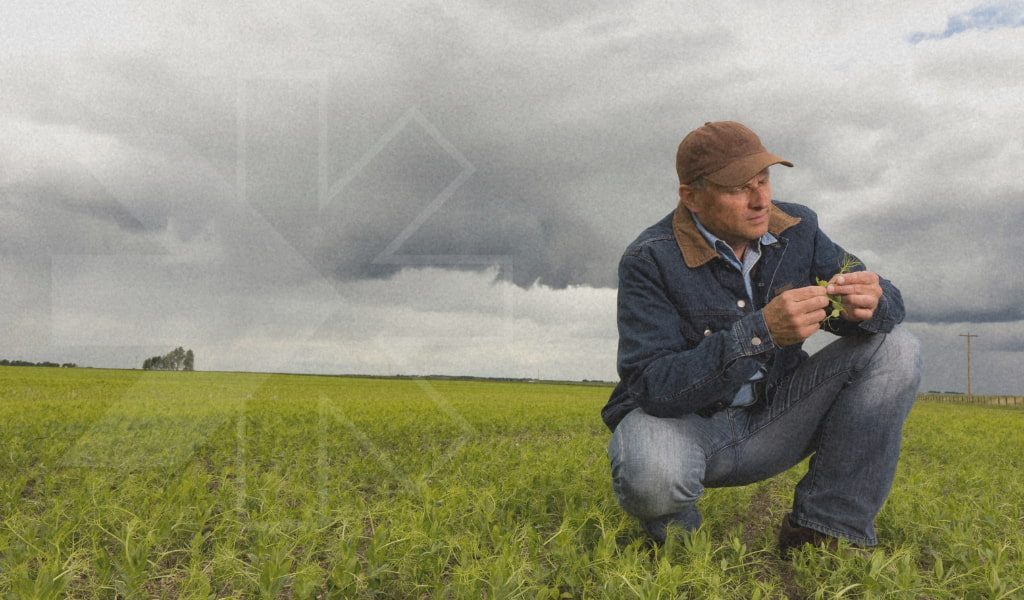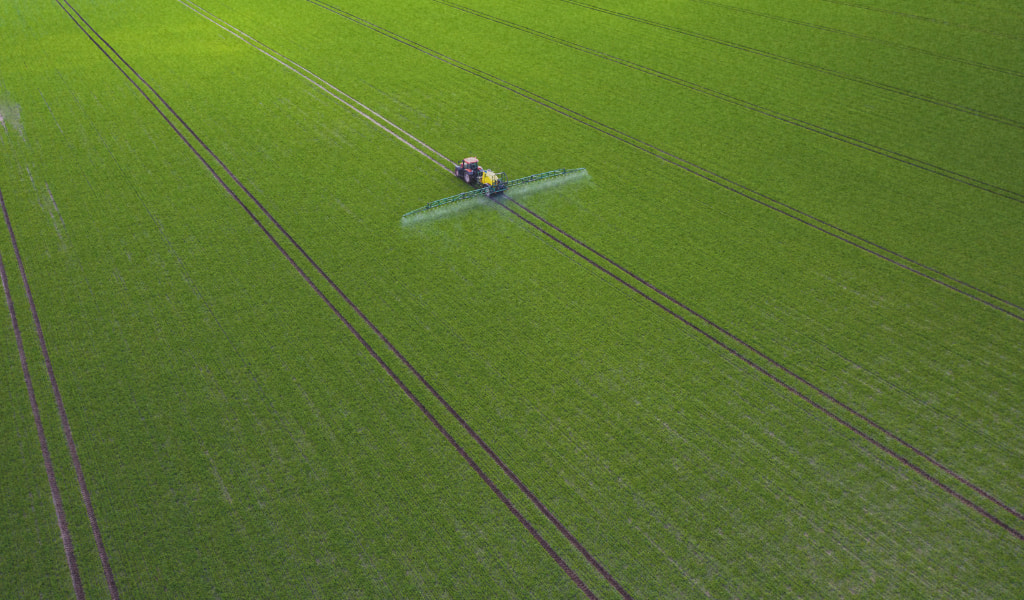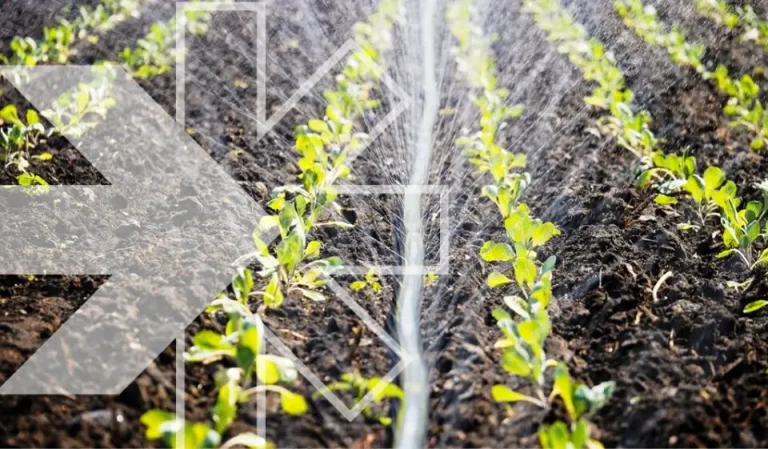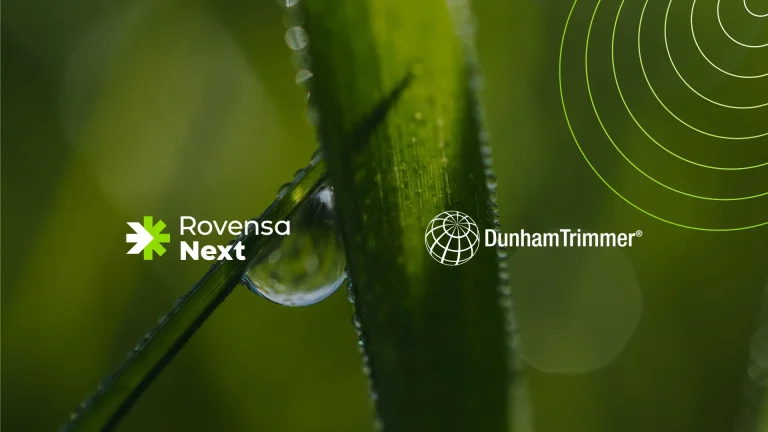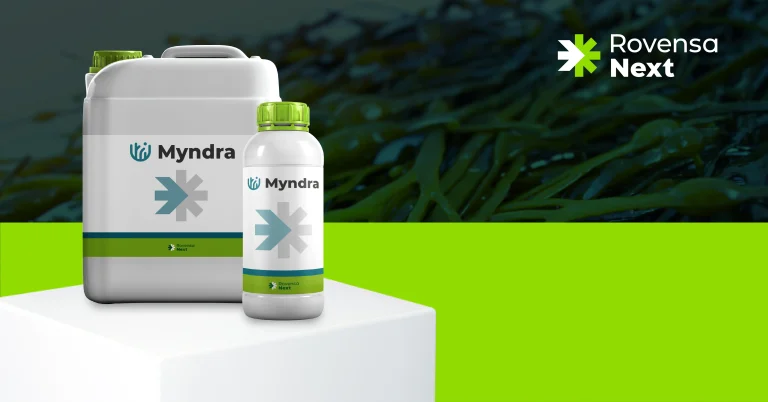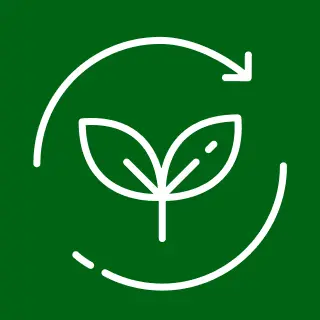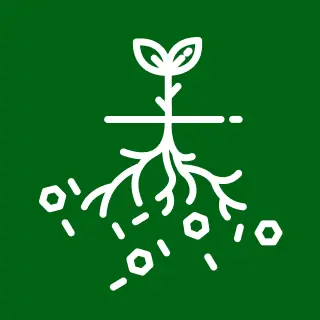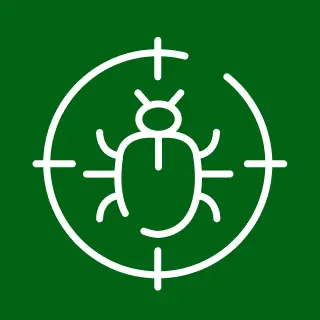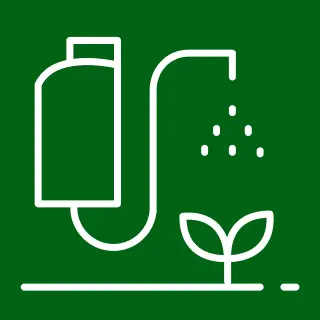A universal problem that we all share is pests. Whether it be termites in the walls or weevils in your crops, we are all familiar with how costly damage caused by these pests can be. For growers, it could determine the profitability of their entire harvest that year. This is why, for decades, the use of pesticides has been a common practice all over the world, aimed at protecting our source of food from pests and diseases. However, the chemicals often used in these solutions have both a direct and indirect impact on humans and our environment, polluting the soil, surface and ground water, negatively affect soil fertility and harm other living organisms1. Because of this, there is a growing demand, both at a societal level as well as the regulatory level, for solutions that are less harmful but equally effective.
A scientific review sponsored by the Food and Agriculture organization of the UN found that climate change is not only affecting crops from an abiotic stress standpoint, but is also changing how infectious and severe pests are becoming around the world2. With climate change, they’re also becoming more widespread. Likewise, another study found that our changing climate also has an impact on plant pathogens and in their altered states, crops can become more susceptible to diseases that are both new and more severe3. Beyond issues arising from climate change, the excessive use of current synthetic chemicals has allowed pests and diseases to build up a resistance to them, making these solutions less effective than they traditionally were.
It’s clear that governments are beginning to respond to this changing need with regulations that promote more sustainable approaches to agriculture.
These factors, among others, are why DunhamTrimmer predicted in its 2023 Global Biocontrol Market Report that the biocontrol market will reach $15.2 billion by 2029m with some of the largest growth coming from Latin America and Asia. But to continue that growth and combat the constantly changing and unpredictable needs of growers, innovation is critical.
At Rovensa Next, we are combining the use of common and effective biocontrol active ingredients that have been used for decades and are commonly integrated in biocontrol and conventional crop protection strategies. In doing so, we achieve synergistic performance. From a technical and strategic perspective, these new “combined” products are differentiated from the existing ‘generic’ solutions with a dual Mode of Action, better formulation properties and with improved performance in the field against a broader range of target diseases and pests, meaning they are more effective and profitable for growers.
One example where we bring this to live is in OSPO-VI55 ® *, a next-generation biofungicide used for prevention and eradication of powdery mildew. Its strong effectiveness is the result of the combination of Bacillus subtilis strain IAB/BS03 and specific solid synergetic co-formulants specially selected to boost the fungicidal effect. On the other hand, PREV-AM ® is a fast-action orange oil bioinsecticide, bioacaricide and biofungicide. We have discovered that the two actives have complementary timings of action (orange oil with an immediate knockdown effect / the sulphur and Bacillus with a longer persistence), resulting in a solution that is even more powerful than one of the active ingredients on its own. We have also found that the orange oil weakens the cuticle, boosting the efficacy of its paired active ingredient, delivering better results when compared to existing commercial formulations of standalone sulphur or Bacillus products.
Many of the products in our portfolio benefit from the use of innovative methodologies and exclusive technologies. For example, Tecbom® is a natural bioinsecticide with a strong contact action against whitefly. Thanks to its specific technology, this biosolution shows high effectiveness in controlling the pest while fully preserving the plant. Another clear example is Tec-Fort ® a 100% organic bioinsecticide, made with natural pyrethrins which, thanks to its exclusive Promicell Technology® can achieve more effectiveness against pests with the same dose offering an effective and sustainable solution to the market.
With these methods, and our innovative portfolio of biocontrol products, Rovensa Next is offering growers a more natural and effective solution for crop protection that directly answers the high demand we are seeing from our partners.

